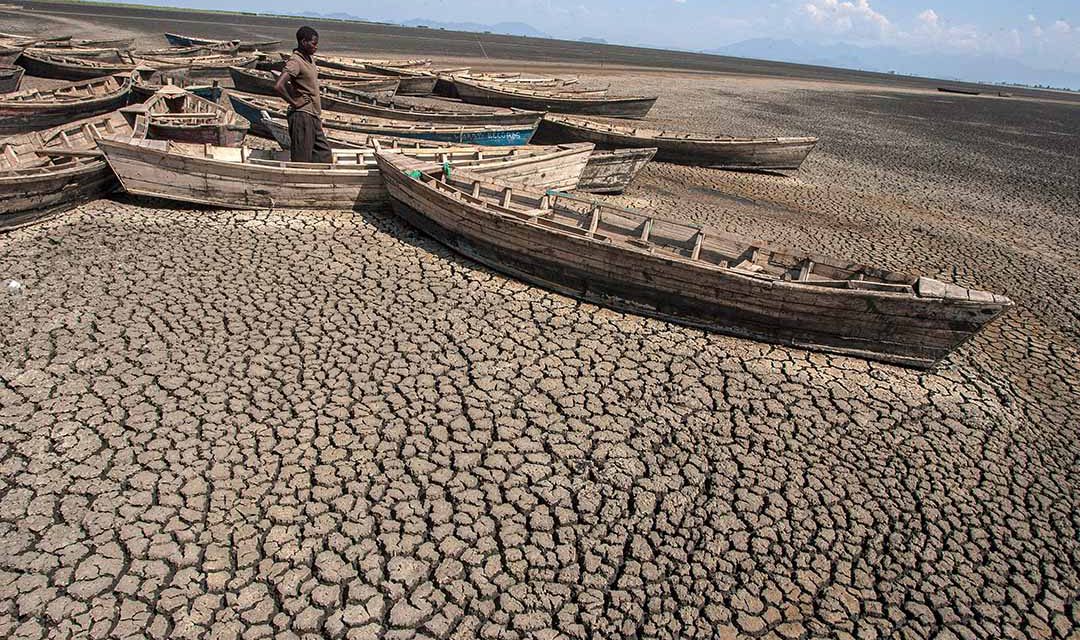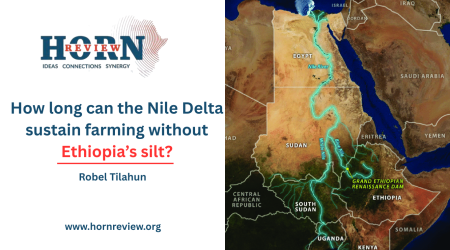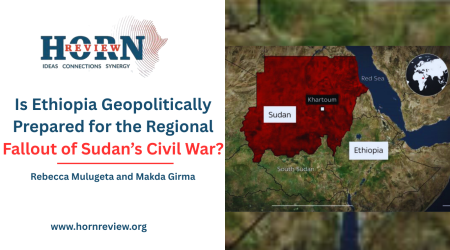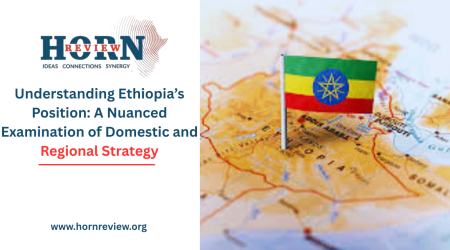
11
Feb
Adapting to Africa’s Climate Crisis: A Unified Path Forward
Africa faces an urgent climate crisis, with extreme weather events like devastating floods, crippling droughts, and rising seas becoming more frequent and severe. These challenges expose the continent’s deep vulnerabilities in infrastructure and disaster preparedness. To navigate this, Africa needs to focus on climate adaptation through long-term investments in resilient infrastructure—such as roads, bridges, irrigation systems, and coastal defences.
Yet funding remains a major obstacle. African governments already dedicate up to 9% of their budgets to mitigate the effects of climate extremes, but foreign aid is shrinking. In 2024, severe flooding in the Sahel and droughts across southern Africa demonstrated the dire need for early warning systems and climate-resilient infrastructure. As U.S. and European humanitarian aid decreases, African governments must seek alternative sources of funding to strengthen disaster response and invest in long-term climate resilience.
Ethiopia’s Green Legacy Initiative
In response, Ethiopia has launched the Green Legacy Initiative, led by Prime Minister Abiy Ahmed Ali, to combat deforestation and restore degraded lands. With a goal of planting 20 billion trees by 2030, the initiative is a model for climate action, promoting local resilience and environmental sustainability. Ethiopia’s efforts showcase how African nations can lead the way in climate adaptation, even with limited resources.
The African Union’s Role
The African Union (AU) has played a key role in highlighting the links between climate change, insecurity, and conflict. At COP28 in 2023, African countries endorsed a declaration calling for more flexible climate financing, especially for conflict-affected areas. However, progress on the AU’s common African position—a unified strategy for climate resilience—has been slow. Many member states remain sceptical, delaying the adoption of this crucial framework.
Need for Leadership and Coordination
To strengthen Africa’s climate resilience, the AU must appoint a climate security envoy, a role first proposed in 2018. This envoy would coordinate efforts, increase Africa’s presence in global climate discussions, and advocate for policies that address both climate change and security.
Africa’s climate crisis requires a comprehensive, unified response. Investments in climate-resilient infrastructure are essential, but local initiatives like Ethiopia’s Green Legacy can also lead the way. The AU must continue to push for the adoption of its common African position and appoint a climate security envoy to guide the continent’s climate efforts. If Africa acts swiftly and together, it can overcome the challenges posed by climate change and build a sustainable future for all.










